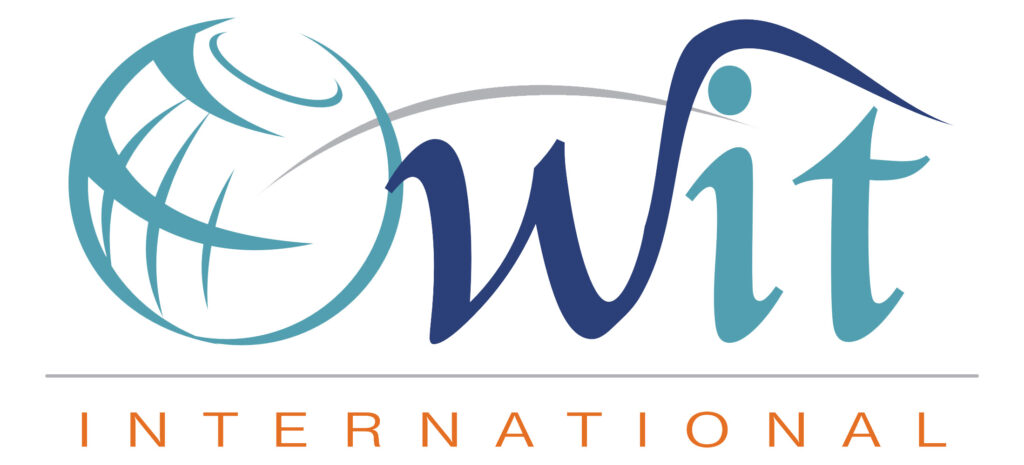International Trade Africa Conference (ITAC) VIRTUAL Conference by OWIT Nairobi Theme: EMPOWERING WOMEN to break barriers in Intra Africa Trade
The Organization of Women in International Trade (OWIT) was established in 1989 in the United States of America as a global organization for women in international trade and business. OWIT Nairobi is a chapter of OWIT International. It was launched in Kenya by the US Embassy in April 2001. It was the second OWIT chapter established in Africa after Cairo. OWIT also supports a virtual chapter for individuals involved in international trade and businesses who do not have access to a local OWIT chapter where they reside or work. Other African chapters in the growing network of 21 global chapters are OWIT Nigeria and OWIT Zimbabwe.
OWIT Nairobi is a Business Membership Organization (BMO) for women and men working in all facets of international trade, designed to promote the advancement of women in trade and business. OWIT’s vision is empowering women to transform communities through global trade and our mission is promoting the advancement of women in international trade. OWIT Nairobi’s audacious goal is to enable women to generate 60 per cent of their sales from export by 2030, through four key objectives: Access to Markets, Access to Finance, Capacity Building and Mentorship. OWIT Nairobi is organized into five sectors (1) Agriculture; (2) Technology & Innovation; (3) Manufacturing & Energy; (4) Services; and (5) Retail & Trade. These sectors help members network and achieve activities in key interest areas which overall impacts individual businesses and the Local Community.
Our OWIT values are that above all we:
● Empower communities.
● Believe in strong, strategic partnerships.
● Innovate and constantly improve.
● Leave no woman behind.
OWIT Nairobi currently has a Database of more than 1350 Women in Business with 200 women actively involved in our programs and workshops. For ease in operations and management, our members have been divided into sectors, run and managed by Sector Champions who operate their business within that sector and look out for sector specific opportunities.
Conference introductory note
The virtual conference targets accomplished women business owners who are either currently exporting and importing their goods or services; or who are seeking partnerships and networks that will enable them to access the information, markets and finances required to take up global trading opportunities.
The Covid-19 pandemic affecting the global economy has affected our member businesses adversely. We have a number of members who have innovated and thrived during this period, while most businesses have reduced operations or closed down. In the month of June 2020, we conducted a survey on our member businesses. The following are the top five key challenges from the survey: (1) reduced revenue due to reduced demand of goods and services, (2) reduced staff members, (3) moving of business operations to virtual platforms, (4) disruptions of supply chains and (5) cash flow challenge was mentioned as the key business need during this period.
With the signing of the Africa Continental Free trade agreement, we believe that there are many great opportunities for African women in trade and we believe that the conference will highlight these opportunities and increase more intra Africa trade.
Specific objectives
1. To understand the opportunities presented by the Africa Continental Free Trade Agreement (AfCTA).
2. To analyze how digital innovation is creating opportunities for businesses in international trade.
3. To analyze strategies for the advancement of women in international trade.
Expected outcomes
1. We expect approximately one thousand (1,000) participants in attendance through our virtual platform.
2. More women owned and run businesses will expand their operations into additional African countries
3. Policy makers in charge of women-focused programs at the local, national, and regional government level and senior-level decision-makers in charge of or involved in the implementation of trade policies, will understand why supporting women in international trade is critical for women economic empowerment and Africa economic development.
4. Financial institutions will support more women in business by offering products and services specifically tailored for women-owned enterprises.
5. There will be more support for organizations that focus on women entrepreneurship, women empowerment, economic development and global trade.
Venue
Virtual Webinar platform
